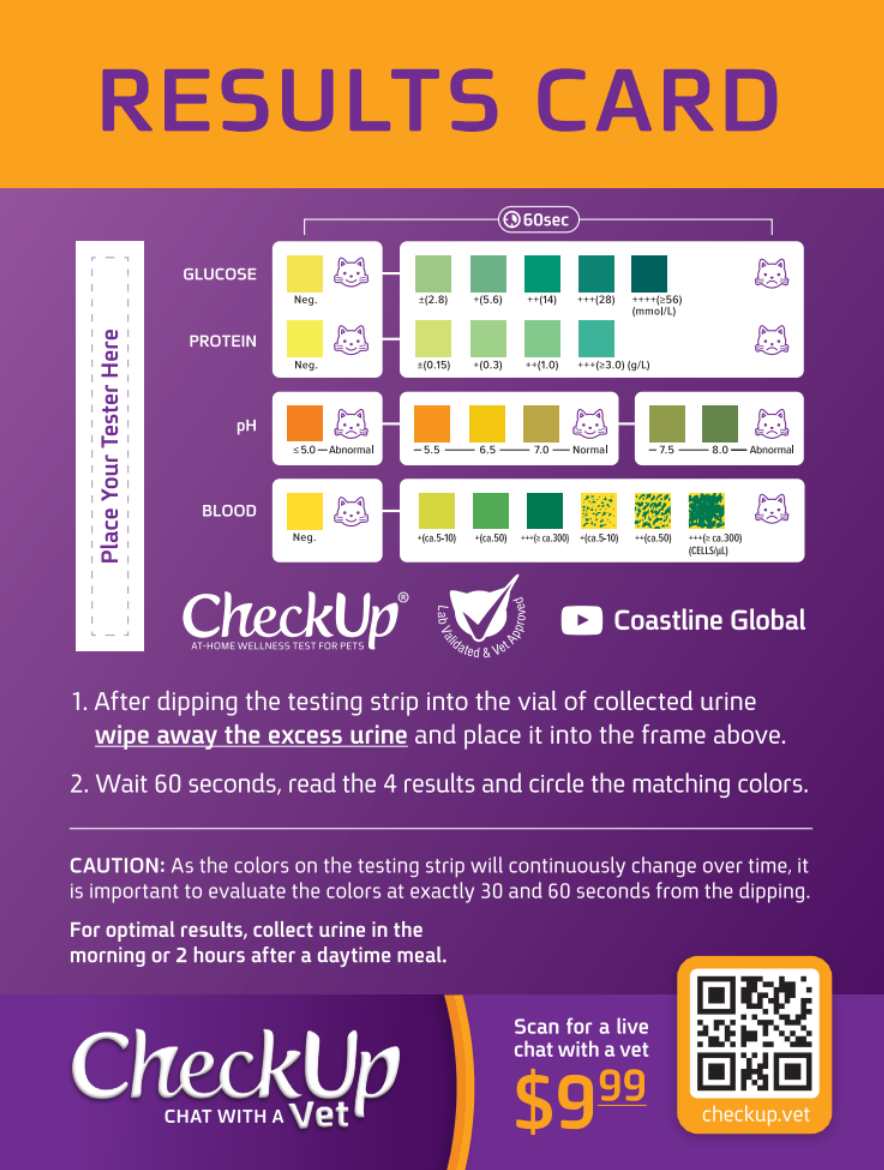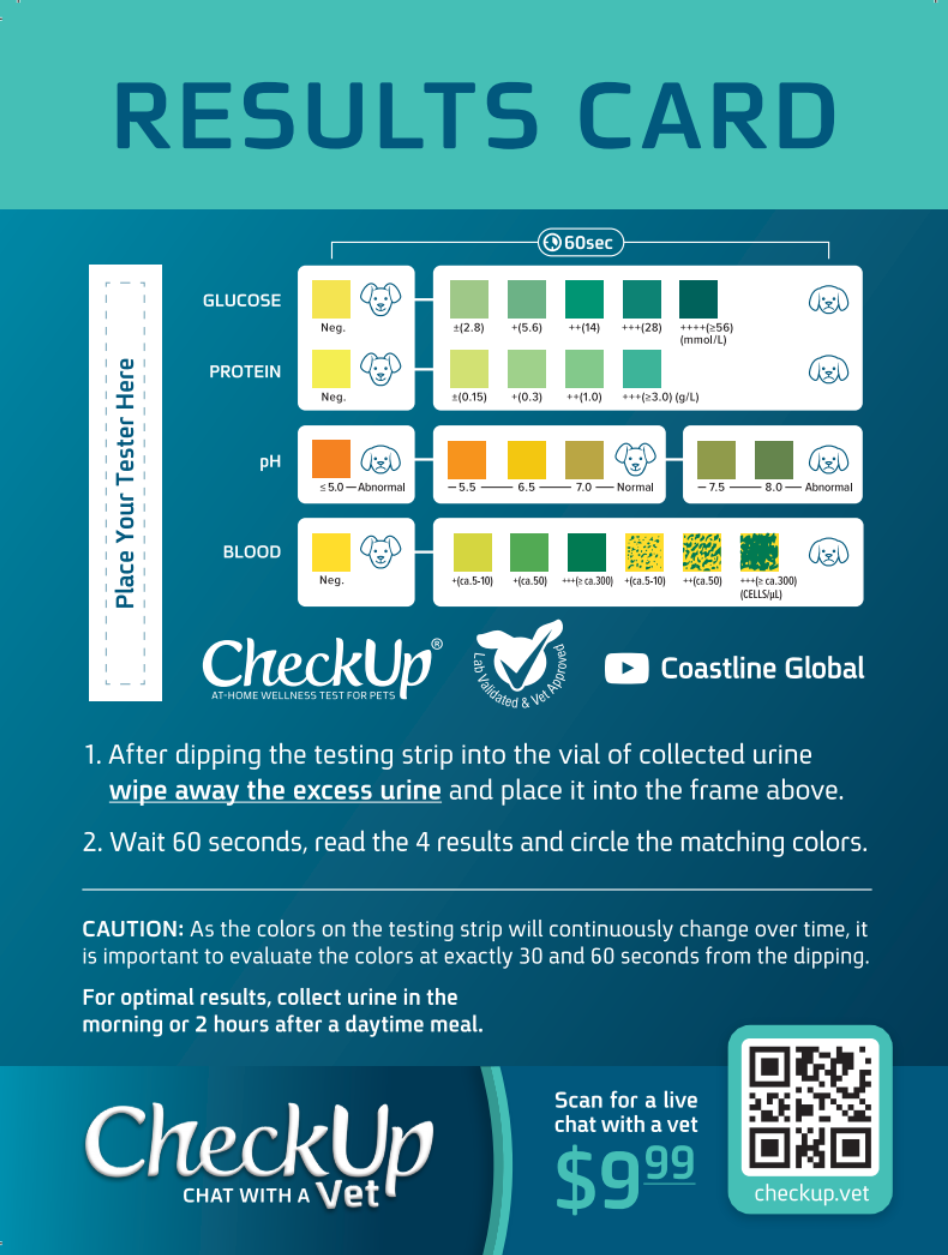Veterinary medicine is continuously raising the bar when it comes to diagnostic tests and procedures. Traditionally, by the time a diagnosis of renal disease or kidney failure is made using standard creatinine and urea tests, your dog will have lost at least 75% of their kidney function. A diagnosis at this stage of renal damage dramatically reduces your dog’s quality of life and their life expectancy. However, with the development of newer tests such as the SDMA (symmetric dimethylarginine) test, kidney disease can be detected when there is approximately 40% loss of renal function. SDMA is a kidney function biomarker and it can be detected much earlier than creatinine in kidney disease. This is great news for you and man’s best friend, as by detecting the condition earlier, management of the disease can also begin sooner, dramatically slowing its progression and extending your canine buddy’s life expectancy.
Early detection however, does not mean that your veterinarian can simply prescribe a few pills and magically cure your dog of this disease. As with any other stage of chronic kidney disease, management is of key importance in maintaining health and well-being. It is of particular importance for your dog to maintain a healthy weight, as well as eat a kidney friendly diet. There are a number of veterinary formulated dog foods specifically for kidney health and weight management, such as Hill’s Prescription Diet® k/d® Canine range, the Pro Plan® Veterinary Diets NF Kidney Function® Canine Formula by Purina®, or IAMS® Veterinary Formula™ Renal Plus. Whichever food you decide on, make sure that you feed the “wet” canned variety, as dogs with kidney problems need to remain well hydrated. As well as the correct food, your dog will need access to clean, fresh water at all times and their renal function will need to be closely monitored as well.
Monitoring renal function is usually performed by your veterinarian by sending blood and urine samples for analysis in a laboratory. Blood work for kidney diseases usually test for levels of creatinine, urea nitrogen, phosphorus, calcium and the sodium:potassium ratio in the body. While urine analysis can provide an indication of renal function and whether there is any damage to the kidneys by examining it for proteinuria – or the presence of larger amounts of protein in the urine. All of these results together can give an impression of how well the kidneys are functioning.
If your pooch is in the early stages of kidney disease, and his medication and diet appear to be keeping the disease under control, there is no need to perform these laboratory tests more than once or twice a year. However, in between these scheduled laboratory tests, there is a great way to keep an eye your dog’s kidney function at home. Veterinarian recommended, home use urine analysis kits like CheckUp, are quick and easy to use. The do it yourself kit from CheckUp comes with everything you need to collect and test your dog’s urine in minutes, with on-the-spot results, giving you peace of mind that your beloved dog is responding well to his disease management programme. Checking is caring. So CheckUp.







